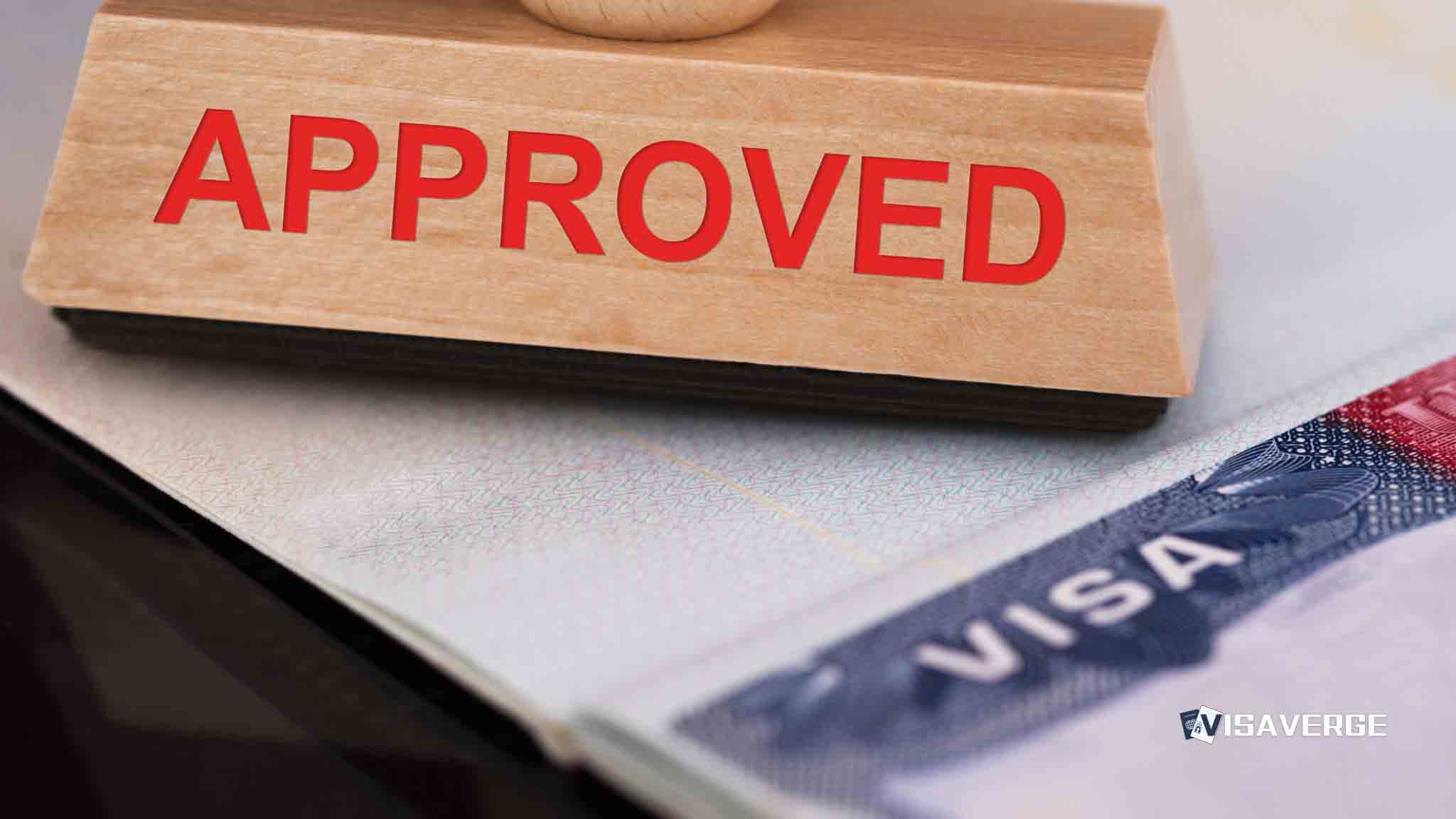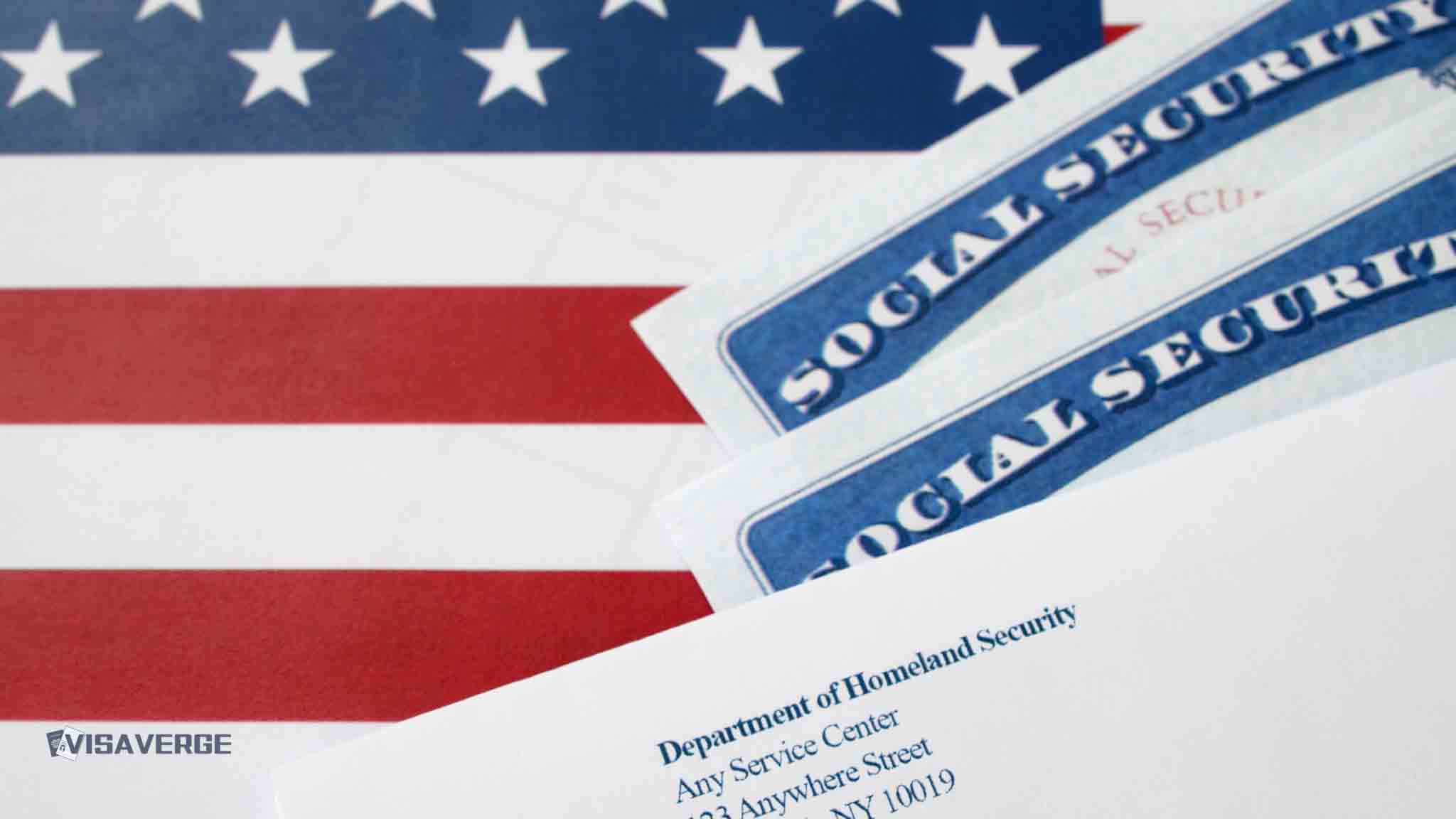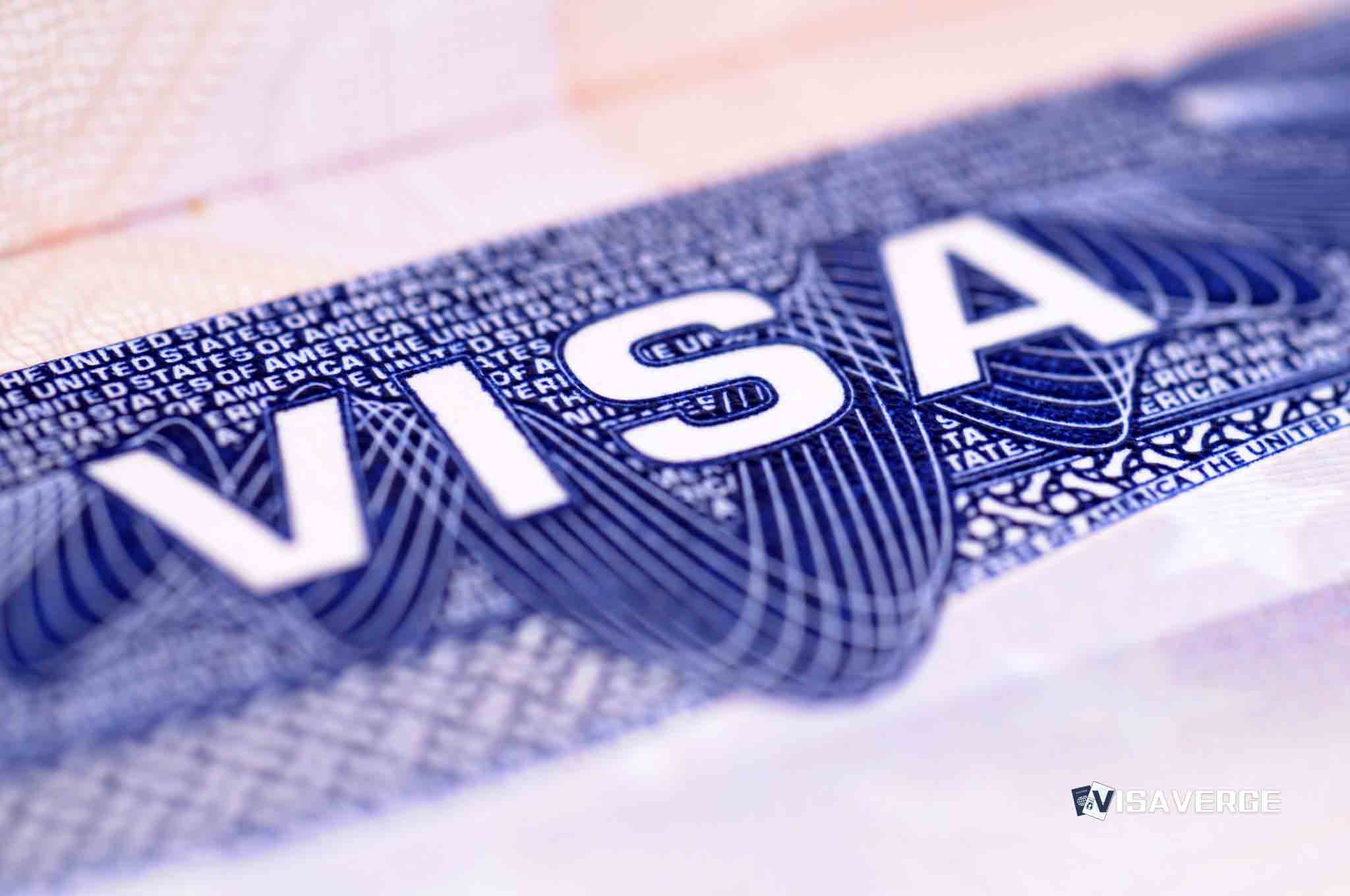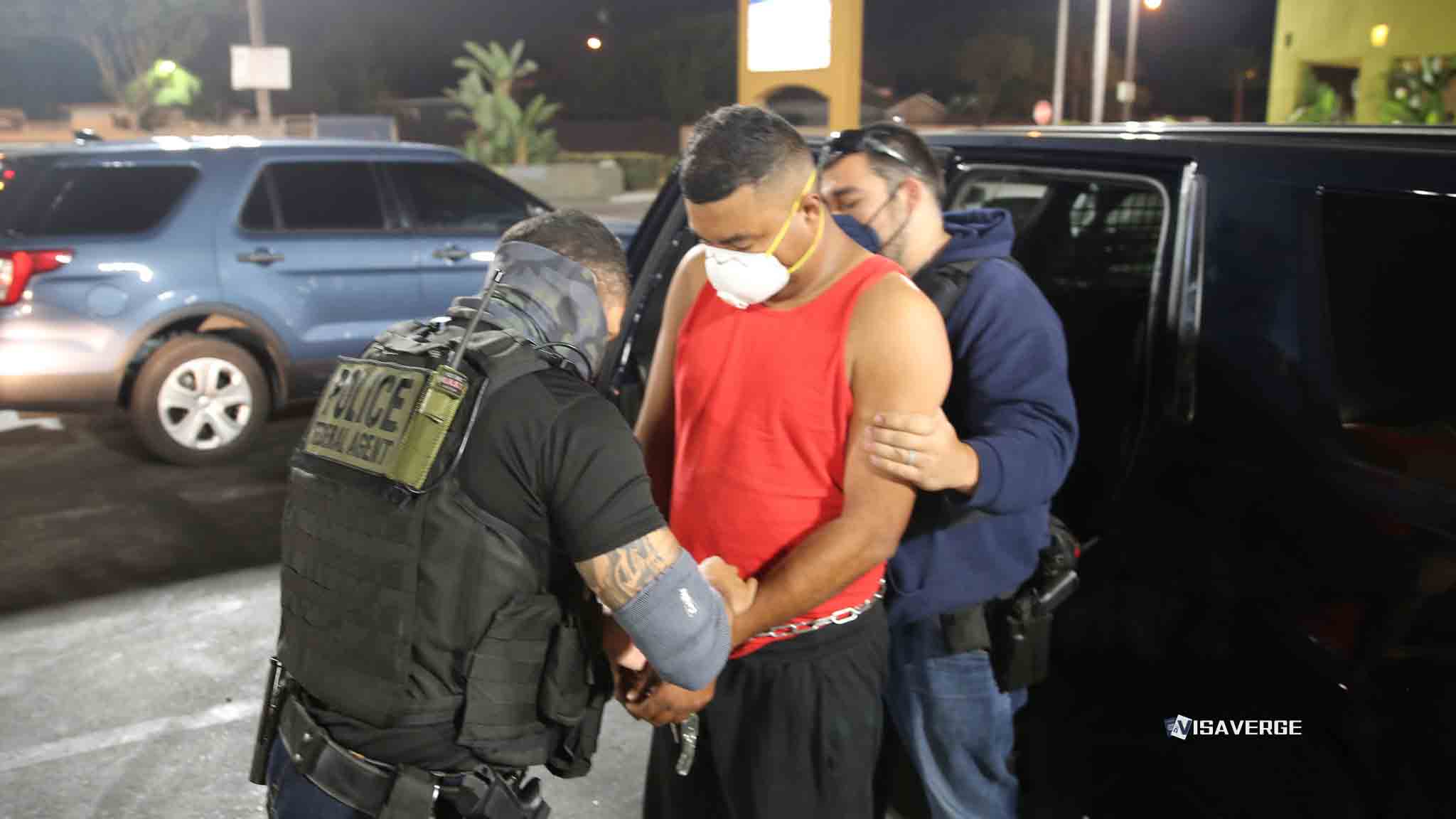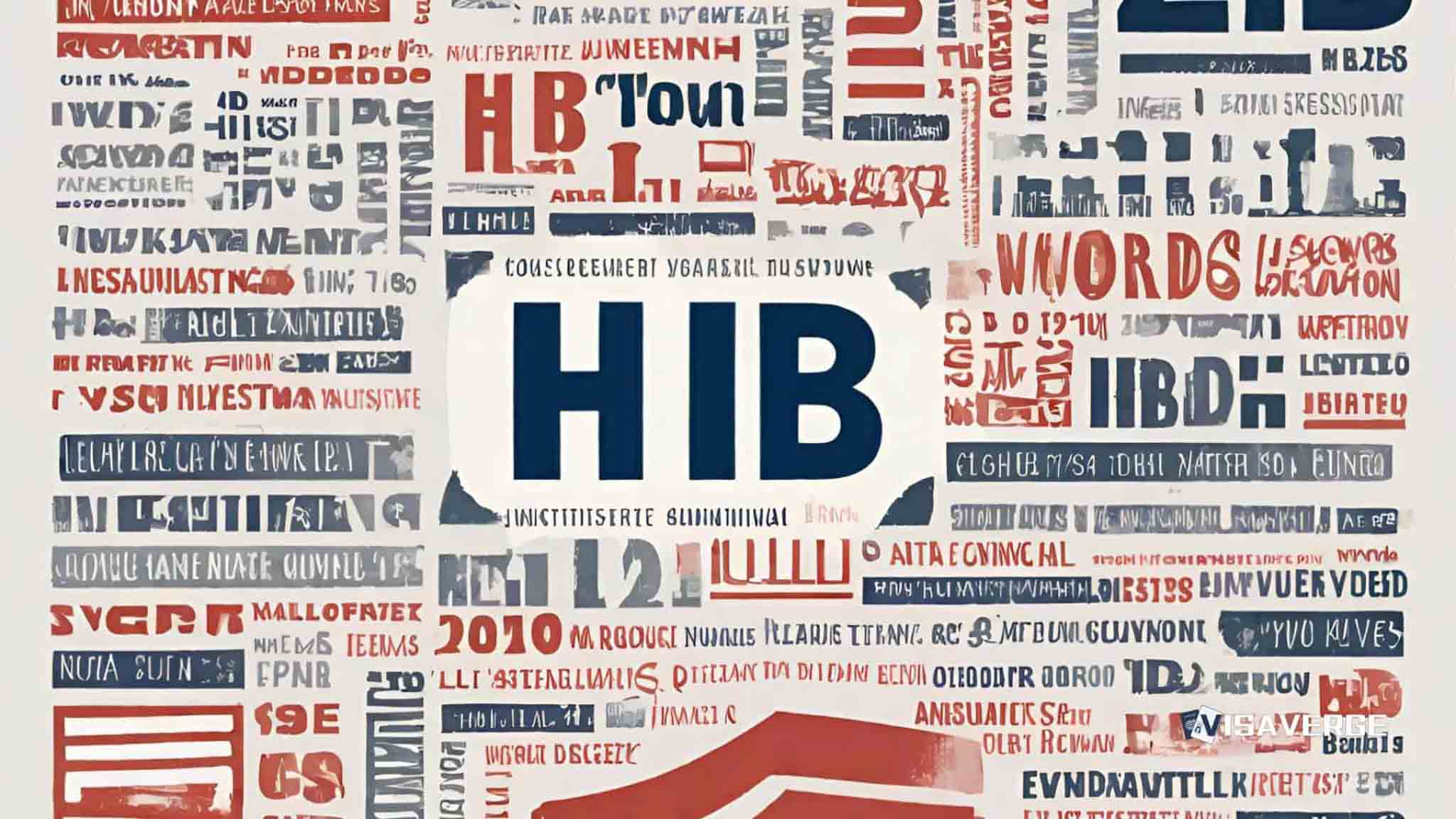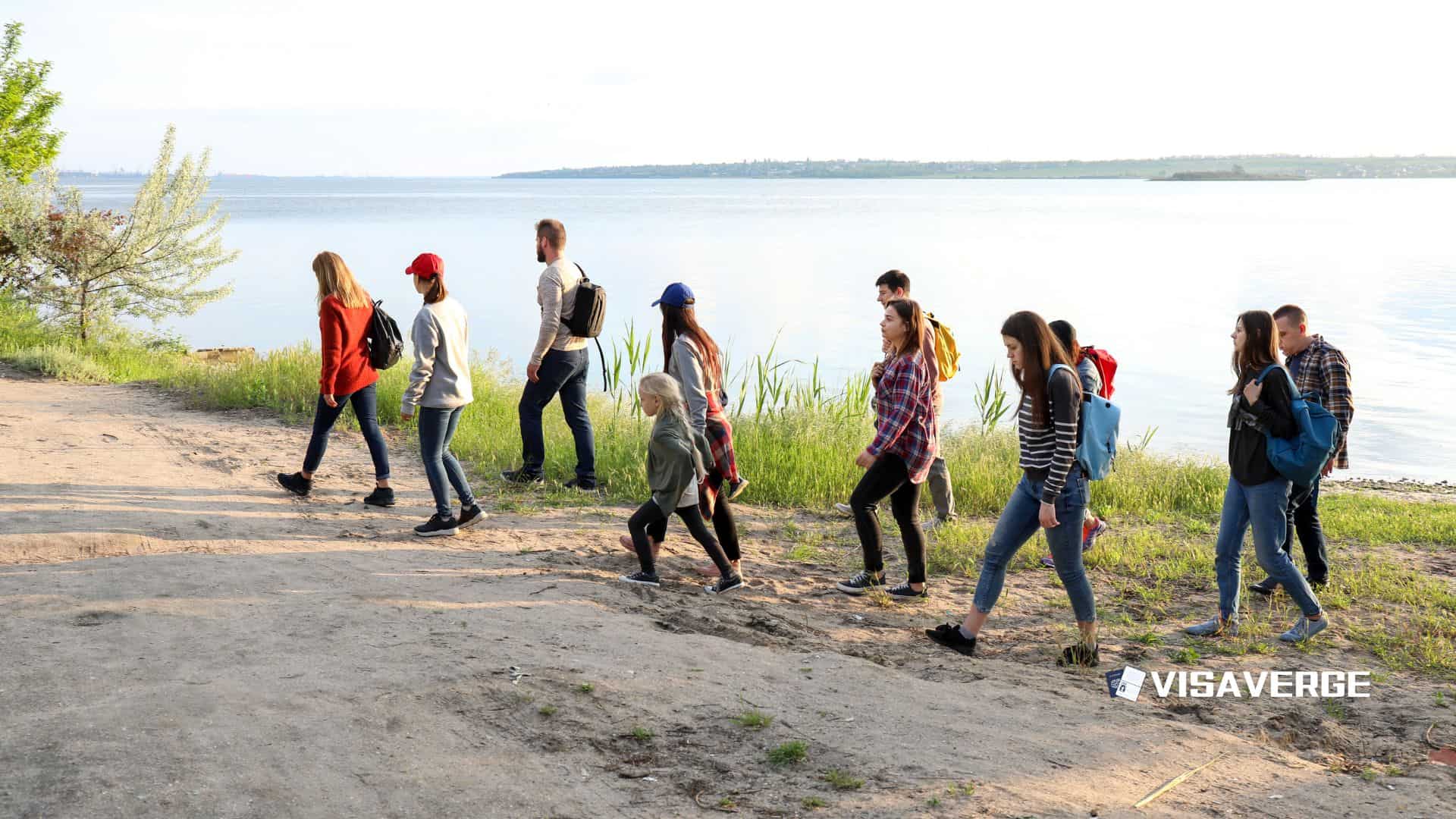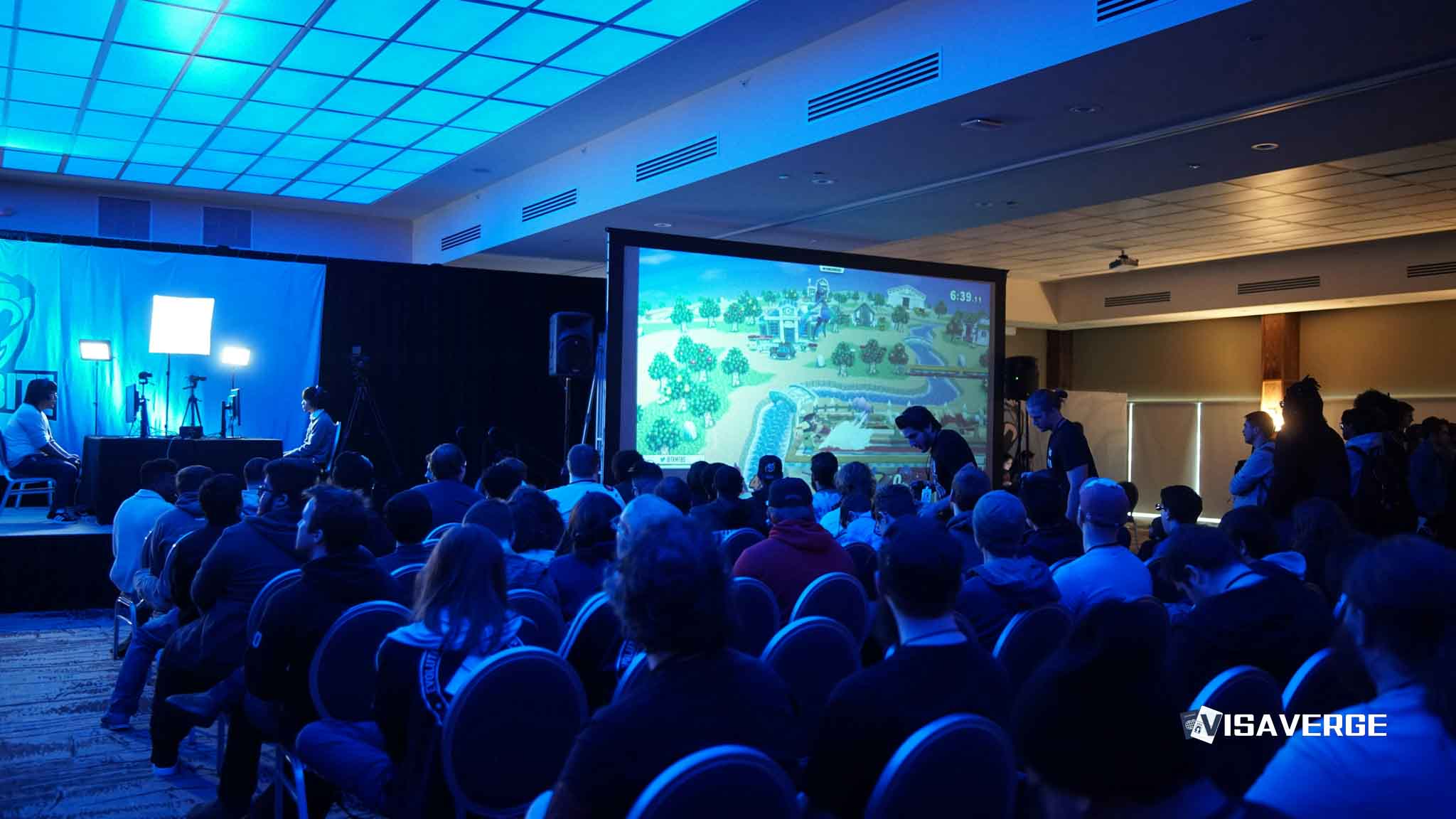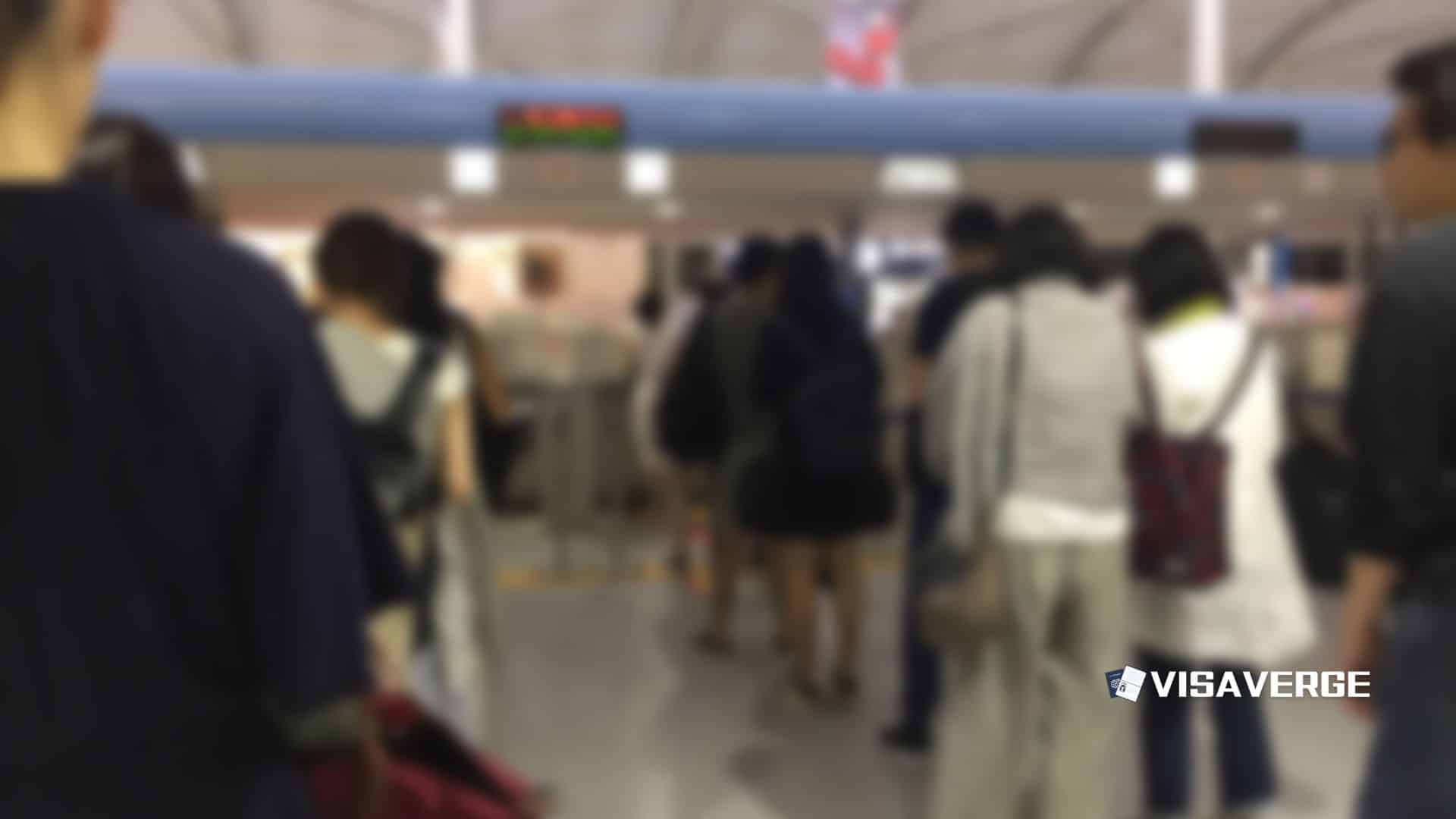On August 2, 2025, the City of Cambridge announced it will file an amicus brief supporting Harvard University’s lawsuit against the Trump administration’s attempt to bar international students from enrolling at Harvard. This move marks a significant moment in the ongoing legal battle, as local leaders join Harvard in defending the rights of international students and the university’s independence.
The Cambridge City Council and Mayor Sumbul Siddiqui have strongly criticized the Trump administration’s actions, calling them “punitive and politically motivated.” They stress that international students are vital to Cambridge’s academic, economic, and cultural life. The city’s brief will focus on the harm that excluding international students would cause, not only to Harvard but also to local businesses, research partnerships, and Cambridge’s reputation as a global city.
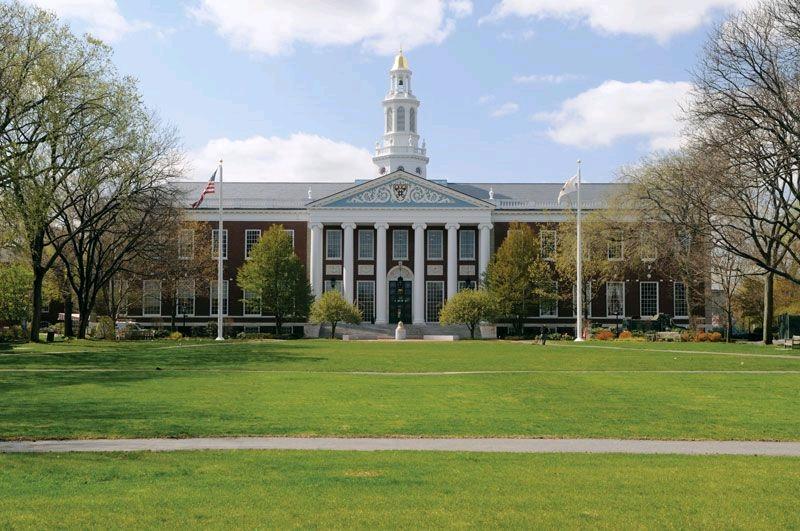
In May 2025, the U.S. Department of Homeland Security (DHS) revoked Harvard’s Student and Exchange Visitor Program (SEVP) certification. This action removed Harvard’s authority to sponsor F-1 and J-1 visas, which are essential for international students and scholars to study and work in the United States 🇺🇸. The Trump administration said Harvard failed to address a “toxic campus climate” and did not comply with federal information requests about international students, especially during a wider “antisemitism crackdown” on U.S. campuses.
Harvard quickly responded by filing a lawsuit in federal court. The university argued that the government’s actions were sudden, lacked a clear explanation, and violated constitutional rights, including academic freedom and due process. On June 5, 2025, U.S. District Judge Allison Burroughs issued a temporary restraining order, allowing Harvard to keep enrolling international students while the case moves forward. The court later extended this order, and as of late June 2025, a preliminary injunction remains in place, keeping things as they were until a final decision is made.
DHS revoked Harvard’s SEVP certification
Judge issued temporary restraining order
Preliminary injunction remains in place
Hearings on Harvard’s SEVP lawsuit began
City of Cambridge announced it will file amicus brief
Harvard President Alan Garber has repeatedly stated the university’s commitment to defending its independence and the rights of international students. “We will not surrender our independence or relinquish our constitutional rights,” he said. The City of Cambridge, led by Mayor Siddiqui and the City Council, has taken an active role, with the upcoming amicus brief showing the city’s reliance on Harvard’s international community for economic strength and cultural diversity.
President Trump, Secretary of State Marco Rubio, and DHS Secretary Kristi Noem have defended their actions. They argue that the crackdown is needed to address campus antisemitism and to make sure universities follow federal rules for foreign students. Judge Burroughs, however, has so far sided with Harvard on procedural grounds, noting the “immediate and irreparable injury” that would happen if the ban were enforced before a full hearing.
The numbers show just how important international students are to Harvard and Cambridge. In the 2024–25 academic year, Harvard enrolled nearly 6,800 international students, making up 27.2% of its student body. The university also hosts over 4,000 international scholars each year, more than any other U.S. university. Losing SEVP certification would force thousands of students to transfer or risk losing their legal status. It would also disrupt research and academic programs and put billions in federal research funding at risk—over $3.2 billion in grants have already been frozen or ended since April 2025.
The preliminary injunction now in place means Harvard can keep sponsoring international students while the lawsuit continues. Hearings on the main issues in Harvard’s SEVP lawsuit began June 16, 2025, in Boston, with more arguments and rulings expected in the coming months. Cambridge’s amicus brief is expected to be filed before the next major court hearing, adding local government support to Harvard’s case. The Trump administration has said it may appeal any rulings it disagrees with and is looking at other ways to restrict international student visas at certain schools.
Legal experts say this case raises big questions about how much power the federal government has over higher education and immigration, as well as the protection of academic freedom and the independence of universities. Supporters of higher education warn that the case could scare international students away from studying in the United States 🇺🇸, hurting the country’s reputation and ability to compete in research. Critics of Harvard argue that universities must follow federal law and ensure a safe campus, but many see the administration’s actions as unprecedented and driven by politics.
| Feature | Harvard | Cambridge | DHS |
|---|---|---|---|
| Event | Filed lawsuit against DHS | Announced support for Harvard | Revoked SEVP certification |
| Date | June 5, 2025 | August 2, 2025 | May 2025 |
| Outcome | Temporary restraining order granted | Amicus brief to support lawsuit | Certification revoked |
| Impact | Continued enrollment of international students | Support for local economy and diversity | Potential loss of international students |
The outcome of this lawsuit will set an important precedent for how universities, local governments, and federal immigration authorities work together. If the court rules in Harvard’s favor, it could limit the federal government’s ability to take away SEVP certification or force universities to meet certain political conditions. If the administration wins, other universities could face similar threats, and international student enrollment at U.S. schools may drop sharply.
For now, international students who are already enrolled or have been admitted to Harvard for the 2025–26 academic year can continue their studies and work in the United States 🇺🇸 under the court’s order. Visa processing for Harvard students has resumed, but their future status depends on the outcome of the ongoing lawsuit. The City of Cambridge’s involvement shows growing support for Harvard’s position, which could influence the broader legal and policy debate.
International students and scholars affected by these changes should stay updated by checking official Harvard communications and contacting the Harvard International Office for personalized advice. The Harvard International Office provides up-to-date information and support for students and scholars facing visa or immigration issues. For more details, visit the Harvard International Office.
The case also has wider effects on the city of Cambridge and the local economy. Many local businesses depend on the spending and presence of international students and scholars. Research partnerships between Harvard and local companies often rely on the skills and knowledge of people from around the world. The city’s global reputation as a center for learning and innovation could suffer if international students are forced to leave.
As reported by VisaVerge.com, the legal fight between Harvard, Cambridge, and the Trump administration is being closely watched by universities, students, and policymakers across the United States 🇺🇸 and around the world. The decision will likely shape the future of international education and immigration policy for years to come.
For those seeking more information on student visas and the SEVP program, the official U.S. Immigration and Customs Enforcement SEVP page offers detailed guidance on current rules and requirements.
In summary, the City of Cambridge’s decision to support Harvard in court highlights the high stakes for international students, universities, and local communities. The outcome will affect not just Harvard and Cambridge, but also the broader landscape of higher education and immigration in the United States 🇺🇸. International students, university leaders, and local officials will be watching closely as the case unfolds, hoping for a result that protects academic freedom, diversity, and the important role of international students in American life.
This Article in a Nutshell




